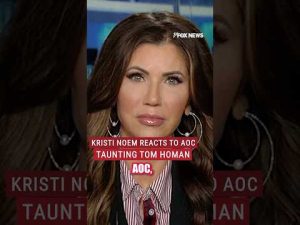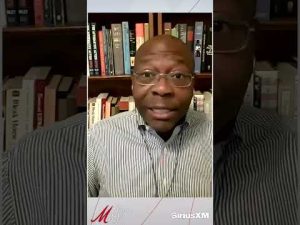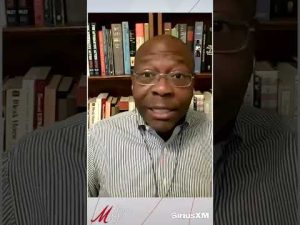In recent weeks, a significant showdown has erupted between Harvard University and the Trump administration, drawing attention from across the nation. Harvard’s president, Alan Garber, finds himself at the forefront of this battle as the university stands firm against the administration’s demands. The conflict centers around federal funding and oversight that Trump threatens to impose on elite institutions. Garber believes the government’s push, which includes examining admission records and influencing faculty hiring, crosses a line that he refuses to accept.
The stakes are high as Harvard faces the risk of losing over $2 billion in vital research funding due to this escalating feud. Garber has made headlines by choosing to publicly disclose the administration’s demands, prompting an immediate government response by freezing the aforementioned funding. The university is now suing to release these funds, which are critical to support research in strategic areas like quantum science—an arena where the United States is competing against China for leadership.
Despite Harvard’s enormous endowment of over $52 billion, the university maintains that federal grants are essential, primarily for funding research that serves national interests. Garber argues that this money is not merely a gift, but comes with specific requirements tied to government-approved projects. The president of Harvard is contemplating the future, wondering if the university should lessen its reliance on federal funding but emphasizes that their work aligns with critical national priorities.
This conflict has ignited a broader discussion about ideological diversity within Harvard itself. There is a growing perception that Harvard, along with other prestigious universities, leans predominantly left in its faculty and student body. Studies have shown that a staggering 77% of Harvard faculty identified as liberal or very liberal, leaving only a mere fraction to represent conservative viewpoints. Garber recognizes the concern but insists that this does not stem from any intentional policy decisions by the university.
Harvard’s challenges have not been limited to the clash with the Trump administration. The events of October 7th, 2023, when protests against war in Gaza arose on campus, highlighted deeper divisions, including a reported rise in anti-Semitism and anti-Muslim bias. Garber acknowledges the painful experiences shared by students on both sides of the political spectrum, emphasizing the need for empathy and understanding. He hopes for a resolution through heart and mind changes rather than mere institutional policies.
As the Trump administration threatens further actions against Harvard, including revocation of its tax-exempt status—a move Garber deems illegal—the future of Harvard remains uncertain yet hopeful. He believes that with an open dialogue and genuine listening, potential change can be achieved. The ongoing challenges underscore the importance of addressing real issues while promoting an environment where diverse opinions can be shared without fear. The outcome of this battle will not only shape Harvard’s future but may also influence the landscape of higher education across the United States. In a time of increased scrutiny and skepticism towards educational institutions, Harvard must strive to correct its course while retaining its long-standing legacy as a pillar of academic excellence.







